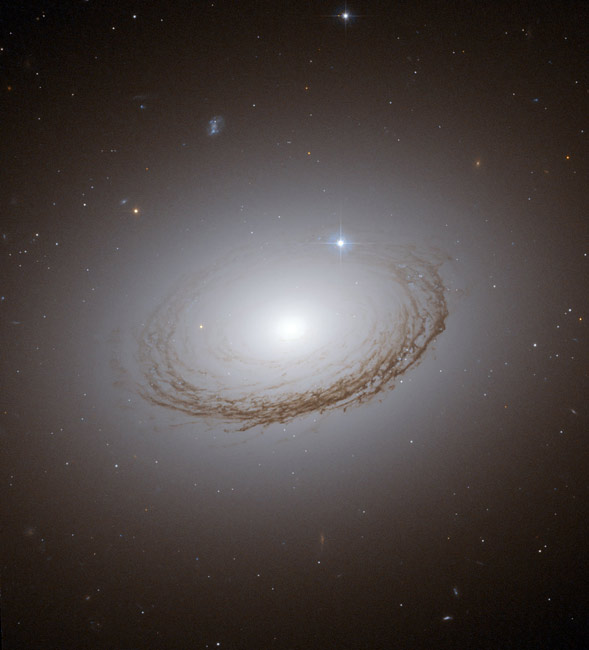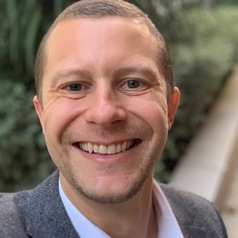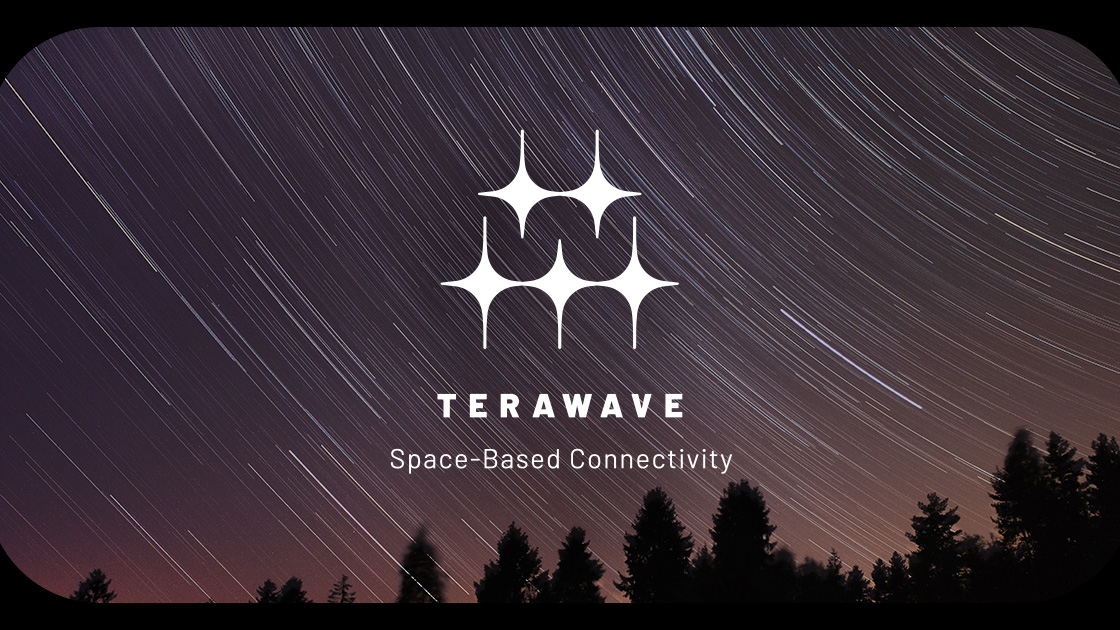Seize Your Chance to Explore the Universe

We all have time for only a fleeting apprehension of Our Universe.
Living fora finite time within our human bodies, we all perceive our surrounding Universedifferently. Rene Descartes famously declared he could trust nothing more thanthe fact that he was a thinking, observing being. The very basis ofexperiencing life is our ability toobserve.
We faceseveral challenges in expanding our experience - two of these are: 1.) thephysical distance from new experiences, and 2.) the every day hubbub of ourimmediate lives which carries us away from the reality of our inner selves.
Onoccasion, we lose sight of the majesty of this exercise called Life that we arecaught up in.? Adult concerns create a whirl of dollar signs, protest signs andzodiac signs. How often do we get a chance to take a deep breath and get backto a state of childlike wonder about ?What It All Means?
The act ofobserving Our Universe is probably the most satisfying of all human pastimes.Our inherent curiosity about our surroundings links us to our environment and nourishes our spirit. But how canwe possibly reach a genuinely new experience every day?
For thoseof us who are lucky enough to have exploration-related occupations, we get toexperience firsthand the wild and surprising beauty of our existentialsurroundings on a daily basis.
For theless lucky, the occasional glance at an Deep-Field Image from theHubble Space Telescope, looking at a stunning alien panorama on theinternet from one of the Mars Rovers, or watching a TV broadcast of aspacecraft launch - a human built, metal missile freeing itself from the surlybonds of the Earth, these images inspire a feeling of childhood wonder thatlasts for a fleeting second. And then usually we are returned to the mundanewith a crashing thud as everyday life reclaims our thoughts. The moment ispromptly forgotten, until - if we are lucky - it reappears to us in our dreams.
Breaking space news, the latest updates on rocket launches, skywatching events and more!
Theinternet brings us new ways of experiencing the wonder and majesty of oursometimes spawned, but always immersive universe. The chance to virtuallyvoyage into outer space, to other planets beyond our precious Earth, isavailable, if one knows where to look.
The SETI Instituteregularly invites Explorers of the Universe to a weekly lecture held inMountain View in northern California. Each talk is delivered by leadingscientists and engineers in their field of expertise, and each topic is easilyintroduced for the uninitiated.
The talksare held in the middle of the week(Wednesday), in the middle of the day (12 noon). These talks are open to thepublic, and people lucky enough to reside in the San Francisco Bay Area arewelcome to attend.
For thoseoutside the SF Bay Area, the SETI Institute makes available a video of eachtalk (almost 60 videos are now available). Topics covered include the SearchFor Extraterrestrial Intelligence, human spaceflight, the exploration of Mars,the exploration of the Moon and primitive bodies like asteroids and comets, theexploration of the outer planets and their icy satellites, the interstellarmedium and protoplanetary disks, extrasolar planets and their parent stars, theformation of Our Universe and, of course, exploration of extreme environmentsand climate change here on Earth. Each talk is designed to burst open thedoorways to new perspectives on Our Universe.
Join us andunleash your inner child - explore the Universe with us. And let a friend knowhow you're watching and observing Our Shared Universe.
- Upcoming SETI Lectures
- Past Videos for SETI
- Video - Reflections on Fermi's Paradox

Dr Adrian Brown is a Senior Specialist Weight Management and Bariatric dietitian with a PhD in Medicine from Imperial College London. His PhD was a randomised control trial investigating the role of formula low energy diets in people with type 2 diabetes and obesity treated with insulin. His current post is as a NIHR Research Fellow/Lecturer in Nutrition and Dietetics at the Centre of Obesity Research at University College London headed by Professor Rachel Batterham.
